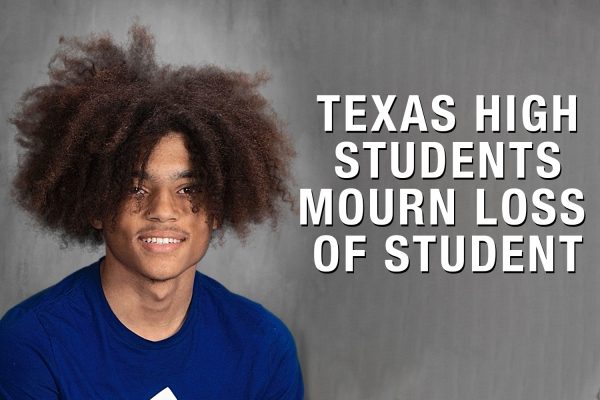Take a shot
Fraternities ban hard liquor to reduce alcohol-related deaths
As of Sept. 1, fraternities across the country have issued a ban on hard alchohol. This decision was made after the numerous death incidents of students participating in hazing and overconsumption.
November 13, 2018
Empty bottles of liquor shouldn’t be found when entering a college campus fraternity house following weekend functions. Students scattered around the room, some sleeping, some stumbling around and one who isn’t breathing.
Fraternities across America banned hard alcohol on campuses as of Sept.1. This ban, due to the numerous incidents of death because of hazing and overconsumption of alcohol, is an attempt to protect the overall health and safety of students.
While frat parties aren’t necessarily the basis for college decisions, becoming a member of fraternities contributes to the overall college experience.
“Alcohol has nothing to do with a fraternity,” University of Central Arkansas freshman Bailey Cline said. “It’s about starting a new brotherhood with a great group of men. Even if I had known that hard alcohol was banned, I wouldn’t have changed my mind because all I’m worried about is getting my future started.”
The North American Interfraternity Conference, composed of 66 fraternities, further prohibits possession, consumption or distribution of drinks containing 15 percent or more alcohol.
The policy does have certain rules: it prohibits the presence of such alcohol at any chapter facility and event unless it is served by a third-party licensed vendor.
“The ban has not necessarily seen too many effects yet since it’s pretty early on,” University of Arkansas sophomore Matt Francis said. “However, with a large percentage of the University of Arkansas’ student body involved in Greek life, many fraternities have taken early precautions to make sure that all events are safer for everyone.”
How this policy will be enforced is more difficult, as many of the fraternity houses are off campus and owned by the fraternity.
— Joseph Asher
According to the National Institute on Alcohol Abuse and Alcoholism, 37.9 percent of college students ages 18-22 binge drink. During 2017, four fraternity-related deaths were noted. After participating in a pledging activity, a Penn State sophomore died after drinking more than four times the legal limit. A Louisiana State University freshman died in October with a blood alcohol level more than six times the legal limit. In November, a 20-year-old Texas State University student died after initiation activities with a blood alcohol level more than three times the limit, which resulted in the suspension of all Greek activities on campus. At Florida State University in November, a junior died with more than five times the legal limit of alcohol.
Parties are a root cause of this ban as well. Unmonitored students will consume vodka, rum and whiskey in vast amounts, with each one having a high alcohol percentage, leading to a fatal end for some. This ban does permit beer and wine, as they usually have lower alcohol percentages.
“I absolutely did not choose [the University of Arkansas] because of it’s party history,” University of Arkansas freshman Morgan Cook said. “The ban on alcohol has not yet affected me. I am here to further my education so when I graduate I will be able to go in life.”
How this policy will be enforced is more difficult, as many of the fraternity houses are off campus and owned by the fraternity. However, if the policy isn’t enforced the results could end in the removal of some fraternities.
Phi Kappa Psi at Texas State, Phi Delta Theta at LSU, Beta Theta Pi at Penn State and Pi Kappa Phi at Florida State were all suspended from campus.
Those new to college this year have said that the ban has not impacted their college decision or college experience.
“It has not affected me. My college choice would not have changed; I came here for the school itself, not a specific fraternity,” University of Central Arkansas freshman Chris Cowan said. “My view on college is still the same. I came here to get my classes done and get a career. I joined a fraternity for the brotherhood, not to drink.”




















